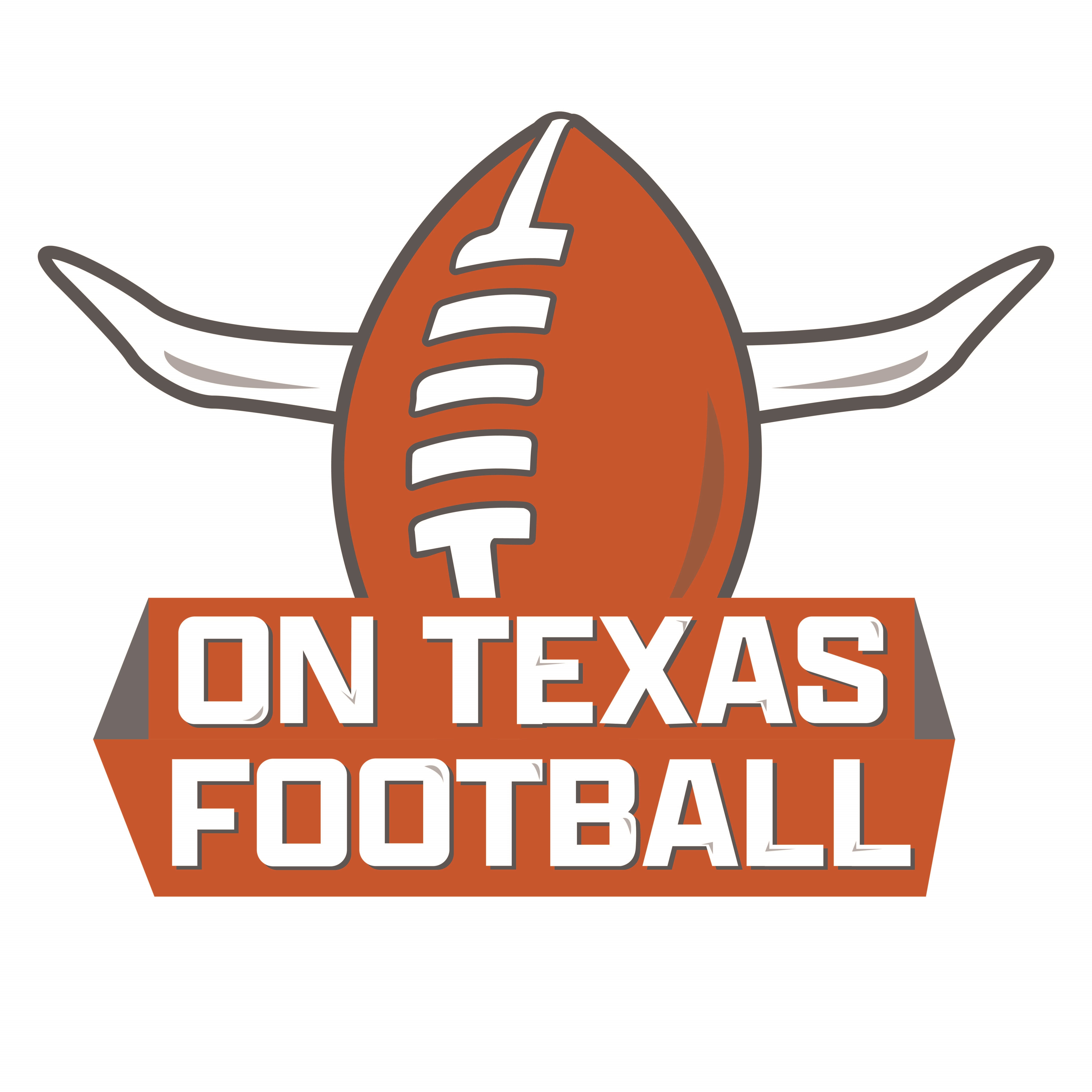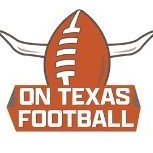The issues facing college sports are so vast and so varied, it’s hard for anyone to truly grasp each aspect and the interplay between all of them.
Yet no person is trying to alter its future (or at least guide it) more than Cody Campbell, the chairman of the Texas Tech board of regents.
For those unaware, Campbell is a native Texan who played football for Mike Leach at Tech and then entered the professional world as an oil and gas man, eventually becoming a billionaire several times over.
I spoke to Campbell, who has been running national TV advertisements for two weeks opposing the Score Act during college football games, yesterday evening.
At the crux of Campbell’s argument are several vital suppositions:
1. College sports is a public trust. The people (you and I, and every other fan out there) own the assets since most of the universities are taxpayer funded or state-owned.
Sure, there are private schools like Harvard, SMU or Rice sprinkled in.
But Texans effectively own UT, A&M, Tech, etc. In fact, most of college football nation-wide is comprised of large state universities. For example, 15 of the 16 schools in the SEC are public entities.
So as owners of these universities, the public’s interest should come first.
That’s important because it deals with us - every single one of us - being stewards of the opportunities for future generations of students, whether that’s football, rowing, basketball, softball, baseball, volleyball, etc.
2. Campbell believes the current system is financially unsustainable for way too many colleges.
Most schools rely on football and basketball to prop up revenue for the rest of their athletic department. But if some schools can no longer compete at the highest level in those two sports, their revenue will dwindle. The concern is that Olympic sports will be cut either at the outset or eventually in a futile attempt to fund the revenue-makers.
The hardships, according to Campbell, are creating what amounts to a financial death spiral for college sports as we know it.
3. Players deserve a real seat at the table. The current involvement of student athletes in NCAA committees is both minimal and largely performative.
If there are two players and 10 beauracrats on a committee, who is anyone really listening to?
**
So what is Campbell actually proposing?
First, he’s trying to tackle the financial issue.
Campbell believes that TV and media rights holders are getting a steal.
College football is by all accounts the second most popular sport in America behind only the NFL.
Yet college sports media rights (all sports, not just football) are sold for less than half of what the fourth most popular sport (the NBA) receives.
According to Campbell, college sports receives approximately $5bn per year in media rights agreements from its various partners. The NBA, a less popular sport, by contrast is in the $10bn range.
How does that occur?
Market segmentation.
College football rights are sold in piecemeal fashion. The SEC does its own deal with ESPN. The Big 10, the Big 12, etc., all do the same.
Campbell believes, and he says consultants back these claims, if college football pooled its rights together, instead of working separately, that there would effectively be an additional $7bn in financial value created annually (or $70bn over a 10-year time frame).
College sports would go from making $5bn a year to $12bn, thus being justly paid for being the second most popular sport. And that extra cash could be used to not only keep giving opportunities to all sports at all levels, it could also pay athletes their fair share of NIL.
On the surface, that sounds like a financial windfall, and a healthy plan for all.
But some, like the SEC and Big 10, likely think they would be carrying too much of the weight of other conferences. Why should Texas or Ohio State prop up Fresno State?
Well, Campbell is not naive. He doesn’t think all parties should be treated the same in every single aspect. He said obviously some schools or conferences might share disproportionately in the additional money that media pooling would provide.
And that’s where the negotiating would and should begin in Campbell’s mind.
Surely, the Big 12 will ask for more money than the SEC thinks the Big 12 deserves. And vice versa. Just like the conferences have jockeyed for guaranteed slots in an expanded college football playoff.
Campbell seems to welcome the negotiation on those topics. But he can’t do that unless (or until) the Sports Broadcasting Act of 1961 is repealed or amended.
**
Outside of the financial value brought about by the pooling of media rights, Campbell also believes there are other benefits to be gained by a repealing of the broadcast act.
He thinks college football could then exert more control over the future of the game rather than ceding too much of that to the TV networks.
The NFL is seen as a forward-thinking league who controls its media partners whereas college football is largely seen as a reactive one where the networks define the sport.
In college football, the tail wags the dog way too often.
Things such as times of games, match-ups, etc., could be easily altered.
For example, should Texas really be playing a 2:30 game at home in late August just because TV execs say so?
**
Campbell believes financial change is just one part of the long-term solution to college sports.
He believes there should be a parallel push for a new governing body other than the NCAA. The NCAA is “painfully beauracratic”, he says.
For example, he says they recently reduced the number of subcommittees to rule on an issue from roughly 90 to down to 30.
Thirty subcommittees? Good luck getting everyone on board in a timely manner.
No wonder it took the NCAA 3+ years and millions of dollars to deal with something as clear cut as the Michigan sign-stealing scandal.
As part of a new governance, there should be true athlete representation and negotiation. That representation would cover everything from salary cap, to bargaining rights, scholarship minimums for all sports, and everything in between.
**
Campbell’s argument is sound and well thought out.
But it is concerning to the two major players in college football - the SEC and Big 10.
Both of those leagues would likely have to cede some of their control over league members and their ability to negotiate their own TV deals to a pooled-party.
Despite the potential financial windfall, the loss of control (or the threat of it) may be a bridge too far for the SEC or Big 10.
So that is why college sports is stuck. College football is a great sport but it’s unable to effectively define its own future because too many folks want to protect their piece of the pie.
**
Solutions must be negotiated.
Here’s a potential financial solution:
If the pooling of money could create an additional $7bn in revenue, why not apportion the additional revenue on the same pro rata basis as current TV networks do?
Would that work?
Is that enough to keep not just the football team afloat but also the volleyball team at Fresno State fully funded? Is that enough to make NIL legitimate at Texas, Ohio State and Texas Tech in football and basketball?
I don’t know. But at least it’s a starting point for a discussion.
Whatever rout this takes, we know that rules need to be changed. And convention needs to be challenged.
Some smart folks need to get in a room and figure it out, not just keep kicking the can down the road.
**
To be clear, I’m not taking sides with Campbell, the SEC or the Big 10 here.
I simply want what’s best for college sports for the long term.
And what is that in my mind?
Not reducing opportunities for students across the country, increasing athlete representation, and exerting control over networks in the interest of what is best for the game and the universities.
The goals sound so simple.
How do we get there is the issue.
**
Thanks to Cody Campbell for his willingness to discuss this topic.
-
 28
28
-
 1
1



Recommended Comments
Join the conversation
You can post now and register later. If you have an account, sign in now to post with your account.